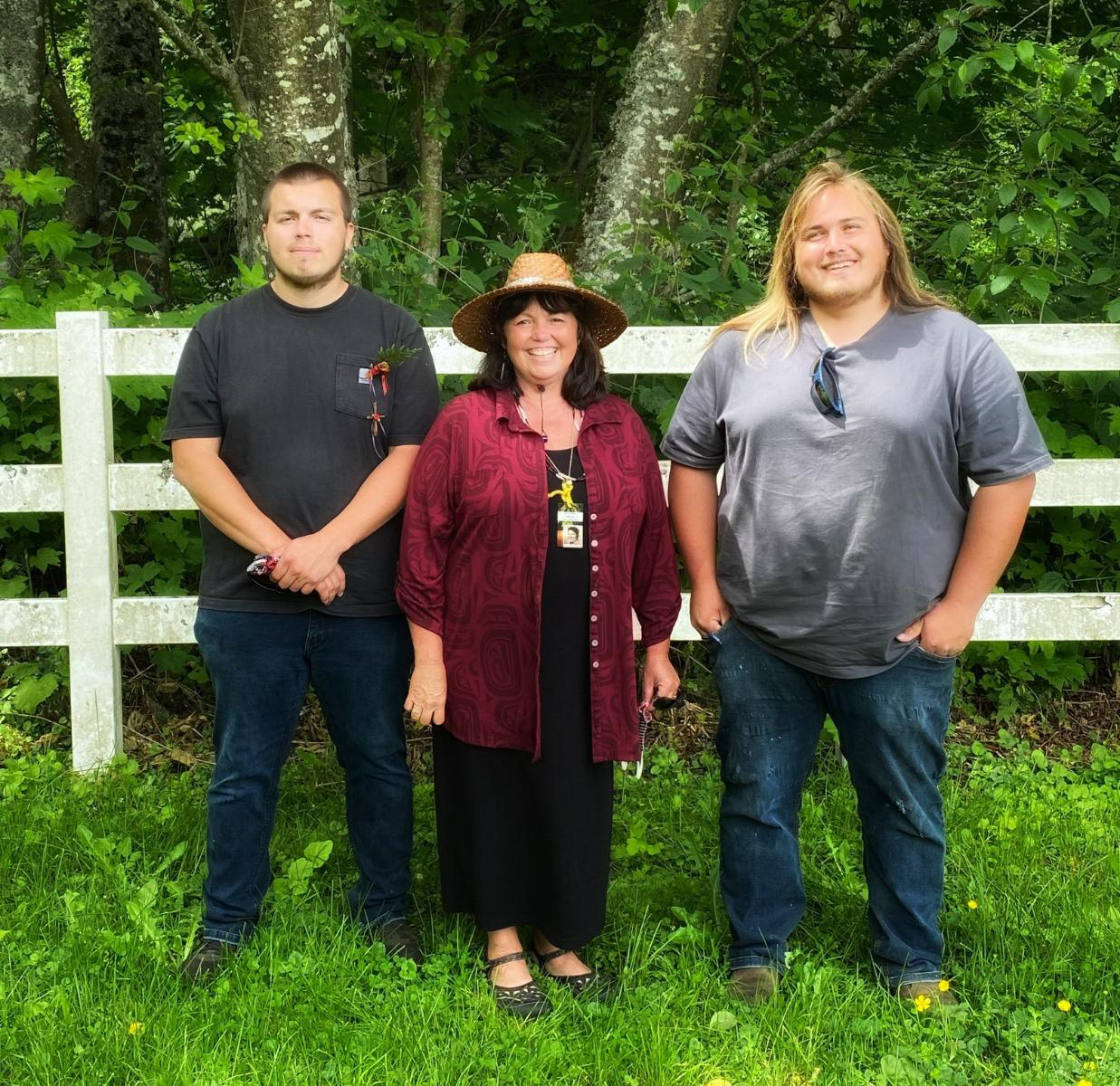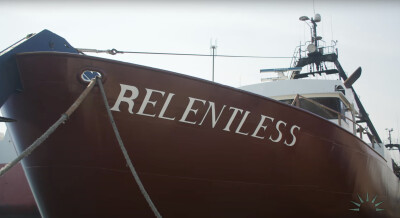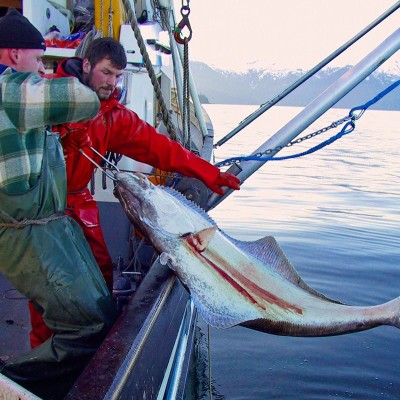Her father was a fisherman who never gave up, so was her husband. And Ellie Kinley does not plan on giving up either. Kinley is a Lummi tribal member who lives outside Bellingham, Wash. Her family’s seiner, the F/V Salish Sea, is one of some 560 boats in the nation’s largest native fleet.
Both her father and husband have passed, and Kinley now seines for salmon along with her kids, Luke, 27, and Kyle, 23. Poor salmon runs over the last few years have limited the Kinleys’ harvest. Last season, they were not allowed to fish for chum salmon, and this season the sockeye fishery was shut down.
“This year we had all the time in the world to fish chums because there weren’t any fish,” Kinley said. “We tried for 17 days and got nowhere near our quota.”
Both her kids also crab in Bellingham Bay, and the lean years in the Pacific Northwest have driven Luke to California, where he bought a Dungeness permit in Half Moon Bay. This has freed Kinley up to engage in a pastime of fishing mothers: worrying.
“It just happens that today Luke is out there crabbing in a 45-mile-per hour wind, so I’ve been up since 6 a.m. worrying about my child,” Kinley said.
When it is salmon season and the family is back home, however, Kinley’s worries are put on hold as she works shoulder-to-shoulder with Luke, Kyle and other relatives.
“I’m the boat owner but I still just have my regular deckhand job, so I can keep an eye on my kids. I run the drum and cook, which is what I’ve done since I started fishing for my dad at 23,” said Kinley, now 57.
Kinley added that good or bad, fishing makes her feel complete.
“You’re whole again. It’s much better to catch fish, but just being out on the boat helps you get through the rest of your life,” Kinley said.
That completeness, she said, is likely the result of fishing around the traditional villages and grounds that her ancestors fished for thousands of years before her.
When she is not fishing or worrying, Kinley is an advocate for the local fishing industry and sits on four boards for fishing-related organizations.
For Kinley, the work she does off the water to protect the resource for future generations is as important as hauling gear.
“You get to a point as a fisherman that you realize you have to do your part to protect, or there won’t be fish out there for your great-grandchildren,” Kinley said.







